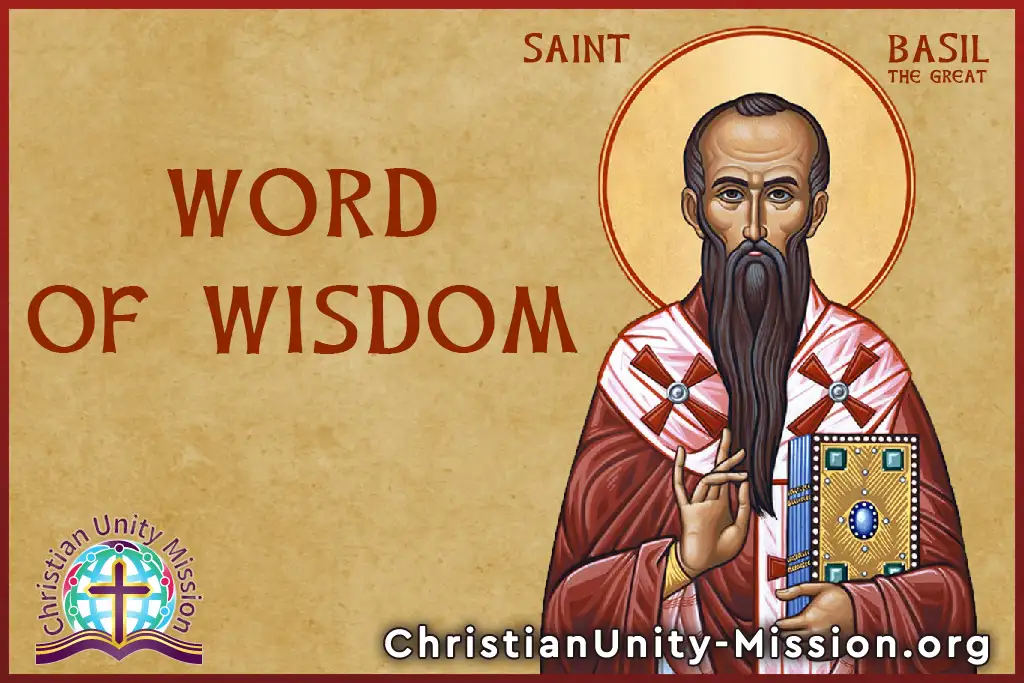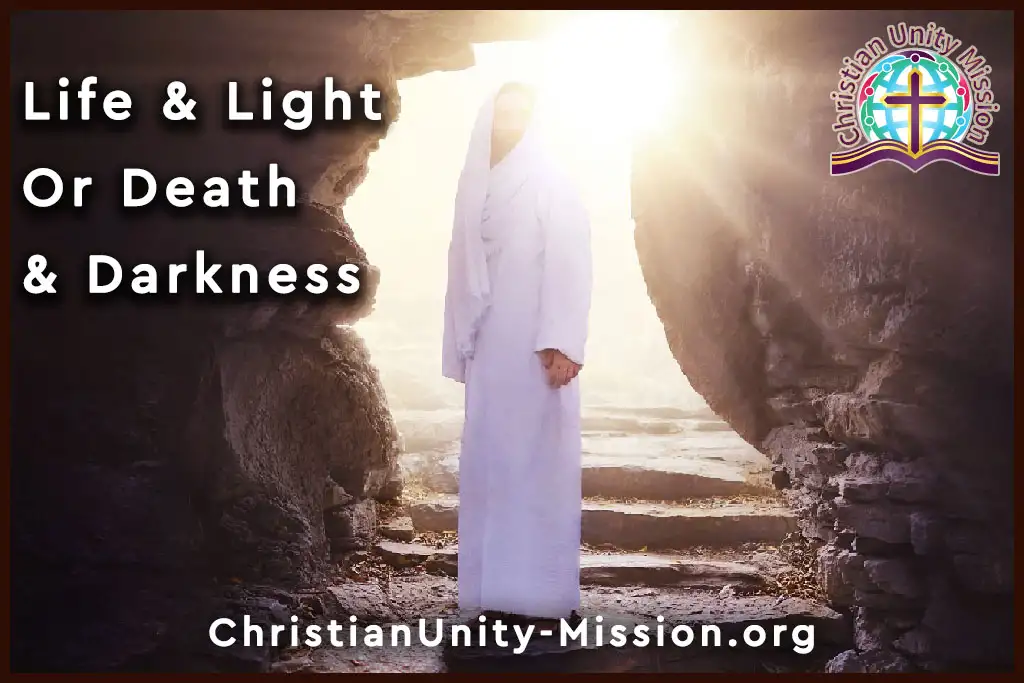
“A tree is known by its fruit, a man by his deeds. A good deed is never lost; he who sows courtesy reaps friendship, and he who plants kindness gathers love.”

The great among the prophets, Moses, explained the fall of man in the Book of Genesis, chapter three, in a simplified pictorial story that suits all minds. By the guidance of the Holy Spirit, He gave it a symbol of paradise and the tree from which it is forbidden to eat. With this expressive image of the meaning of the fall with the words used by Moses, that is, the tree, the paradise, and the serpent, he was able to enlighten our minds to understand the true meaning and the cause of the fall of man.
In Genesis, chapter three, verse four, Satan (who symbolized him with a serpent) said to the woman: “You will not surely die. For God knows that in the day you eat of it, your eyes will be opened, and you will be like God, knowing good and evil.” Thus, we can clearly understand that the fall of man occurred because Satan tempted man with the sin of pride. The trick Satan deceived man with was to rise to God’s level through the knowledge that Satan gave him. So, it is a matter of intellectual thinking and knowledge. Man’s fall under Satan’s temptation and acceptance of his evil thoughts has led him to be mentally and intellectually subdued under Satan’s evil power.
The fall of man is mainly intellectual and mental. The actual cause of the fall is the alienation of man’s mind and thoughts from God, who is the source of goodness, lightness, and knowledge, which filled his soul, mind, and spirit with love and goodness. He accepted the deceptive thoughts of the evil one, which is the source of selfishness, pride, and superiority. He meditated on the lust for bodies which led him to think about inventions for murder and destruction. He transformed his world and civilization into a material, selfish, and consumer civilization. He employed his knowledge of evil in making the tools of crushing and destruction that destroyed this civilization. And this is what the image of man has ended up with now.
The problem of man that brought him to misery and turned him into a vicious circle is that his human existence has become unrealized. It was the civilization he had created that erased and swallowed his humanity. It used its outputs of social media, films, and communications to eliminate his inner essence by pumping this massive amount of intellectual material, images, news, and culture that distorted his wonderful image. He shifted his focus from positive and enlightened thoughts that achieved his existence and his life in love and joy to empty thoughts of no content. He became living in fear and anxiety, spinning in the wheel of life that consumes him without stopping and this is the image we see of human life everywhere. Hollywood films and collapsed family life have plunged him into this painful and bitter situation.
Hence, we can conclude that changing the reality of humanity and getting man out of the predicament of emptiness, nothingness, and selfishness in which he is taking place can only be achieved by renewing human thought and mentality. He will only achieve this by finding a different alternative source that illuminates his mind with positive and comfortable thinking that expels this sense of fear, violence, and selfishness.
Jesus Christ is the true light “ In Him was life, and the life was the light of men” (John 1:4), that came into the world to enlighten every human being who has given many and can still give to many the renewal of thought and human nature to those who accept Him with faith, “And do not be conformed to this world, but be transformed by the renewing of your mind, that you may prove what is that good and acceptable and perfect will of God” (Romans 12:2.)